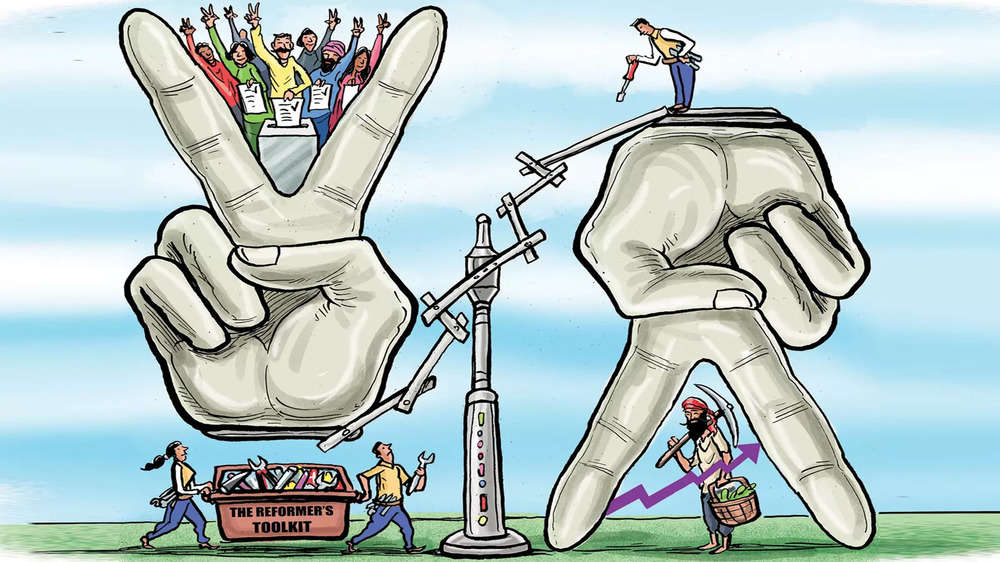- Biography
- Books
- Commentary
- Newspapers
- Asian Age
- Bloomberg Quint
- Business Line
- Business Standard
- Dainik Bhaskar (Hindi)
- Divya Gujarati
- Dainik Jagran (Hindi)
- Divya Marathi
- Divya Bhaskar
- Economic Times
- Eenadu (Telugu)
- Financial Times
- Hindustan Times
- livemint
- Lokmat, Marathi
- New York Times
- Prajavani (Kannada)
- Tamil Hindu
- The Hindu
- The Indian EXPRESS
- Times of India
- Tribune
- Wall Street Journal
- Essays
- Interviews
- Magazines
- Essays
- Scroll.in
- Newspapers
- Speaking
- Videos
- Reviews
- Contact
Gurcharan Das
Author, Commentator, Public Intellectual



